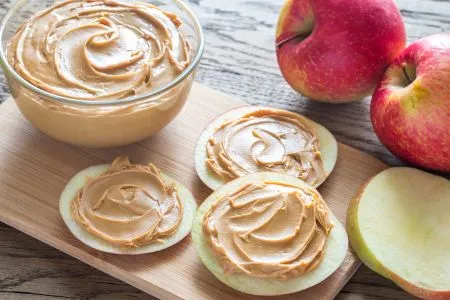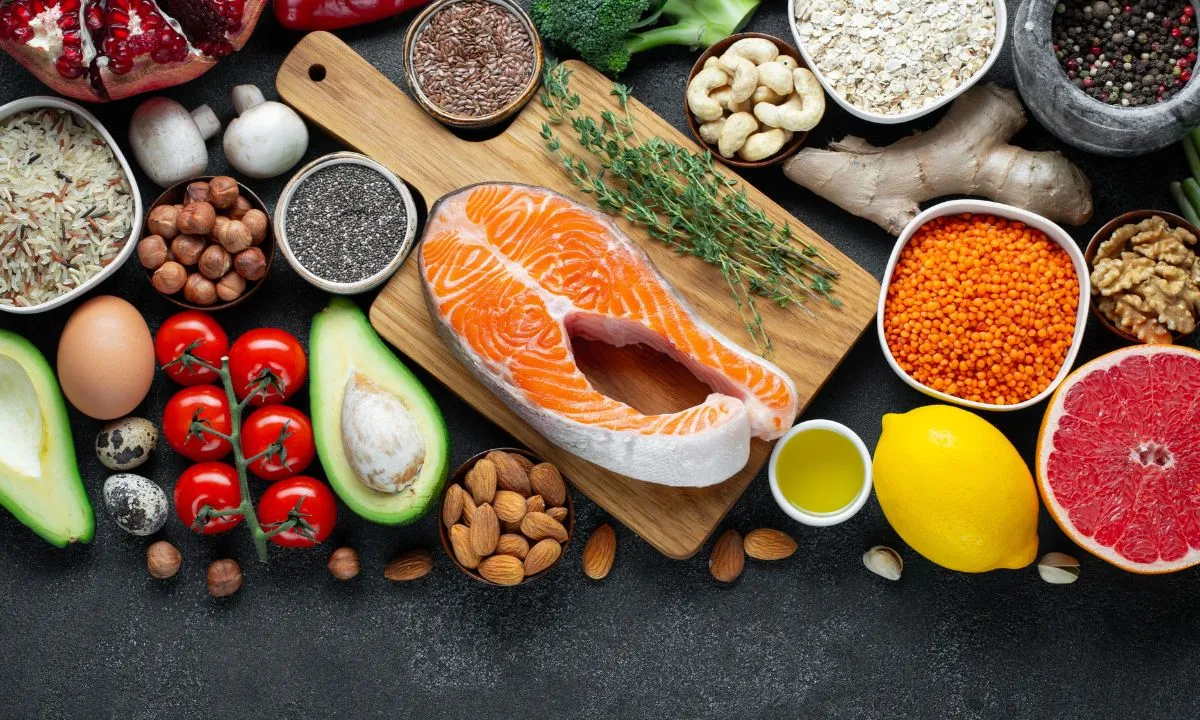Clean eating is a recent nutrition trend that focuses on eating whole, minimally processed foods such as fresh fruits and vegetables, lean proteins, whole grains, nuts, and seeds. Clean eating cuts out junk foods, sugar, unhealthy fats, and processed ingredients. While clean eating is not a legally defined diet, it promotes eating foods in their natural forms to get maximum nutrients without unnecessary additives. If adopted properly, clean eating can have impressive health benefits. Here are the top 8 benefits of switching to a clean eating lifestyle:
1) Weight Loss and Management:
Eating clean and unprocessed whole foods is one of the best things you can do for weight loss and management. Foods emphasized in clean eating, like fruits and vegetables, are low in calories and high in fiber, keeping you fuller for longer. Meanwhile, clean eating eliminates junk foods, fast foods, desserts and sugary drinks that pack on empty calories.

Several studies have linked clean, whole-food diets to easier and more sustainable weight loss over time. According to one 2016 study in The American Journal of Clinical Nutrition, women following a clean diet lost two pounds more per month on average than women on conventional diets. Clean, nutrient-dense whole foods keep you satiated and help maintain the calorie deficit needed for weight loss.
2) Increased Energy Levels:
When your diet consists of fresh, natural whole foods, you give your body optimal fuel and nutrition.
Clean whole foods like vegetables, fruits, nuts, and seeds provide steady sugar release and complex carbs for steady energy levels throughout the day. This is unlike sugary or refined carbs that cause energy spikes and crashes. Since clean eating cuts out processed junk foods, you avoid the mid-afternoon energy slump commonly caused by these foods. It can be life-changing to feel consistently energized without needing caffeine fixes to get through the day.
Clean eating ensures sustainable energy with its clean, nutrient-rich ingredients.
3) Reduced Disease Risk:
There is substantial evidence that clean, whole-food diets can actively lower the risk of many serious diseases. Studies have linked clean plant-based diets to reduced risk of heart disease, diabetes and certain cancers.
According to a 2020 study in Nutrients Journal, eating more whole grains, fruits, and vegetables as part of a clean diet was associated with a 25% lower risk of cardiovascular disease. This is because whole foods provide more antioxidants, fiber, vitamins, and minerals that are protective for heart health and overall health.
Clean diets are also linked to lower risks of colon cancer, breast cancer, and other chronic diseases that take a toll on public health. Eating for nourishment over nutrition makes a clean diet one of the best preventive health strategies.
4)Glowing, Clear Skin:
What you eat absolutely shows on your skin. The processed foods, unhealthy fats, and sugars in a standard American diet can wreak havoc on your complexion. However, the skin-loving nutrients in wholesome clean foods make for glowing skin. Fruits and vegetables provide vitamins A, C, and E that protect the skin from damage.

Whole foods like salmon are rich in omega-3s for soft, clear skin. Quinoa sprouted legumes, and nuts supply skin-repairing nutrients for healthier skin with fewer blemishes. Clean eating ensures your diet supports skin health from within for that coveted radiant glow.
5) Improved Digestion:
Clean eating is gentle on your digestive system, allowing your gut to do its job of breaking down foods efficiently without taxing it. Refined and processed foods lack fiber, which is essential for proper movement through the digestive tract.
A clean diet focuses on high-fiber whole foods like fruits, vegetables, legumes, and beans to keep you regular. The fiber bulks up stool and prevents constipation and bloating. Additionally, when you avoid additives and preservatives through clean eating, you limit irritants that can disturb gut bacteria balance and digestion. An easy-to-digest clean diet supports overall digestive comfort and regularity.
6) Increased Mental Clarity:
The nourishment you give your mind through nutrition affects your mental clarity and cognition. Clean eating emphasizes brain-healthy, whole foods like fatty fish, walnuts, flaxseeds, broccoli, and blueberries – all rich in omega-3s, vitamins, minerals, and antioxidants that promote mental sharpness.
At the same time, clean diets cut down on processed foods and additives linked to mental fogginess and focus issues. Clean ingredients keep blood sugar stable for peak mental energy too. Some studies have even linked Mediterranean clean-style diets to reduced risk of depression and cognitive decline. Overall, clean nutrition leaves you feeling sharp, focused, and mentally prepared throughout the day.
7) Enhanced Workout Performance and Recovery:
A clean whole-food diet ensures your body gets the premium fuel and building blocks needed for exercise. Nutrient-dense ingredients in clean diets like lean proteins, complex carbs, and healthful fats feed working muscles and prevent energy crashes during a sweat session. For example, bananas are full of natural fast-digesting carbs to power you through a hard workout.
Post-workout, clean foods quickly replenish glycogen stores and repair muscles with high-quality nutrients like protein from salmon. Clean eating also cuts down on unhealthy additives and ingredients shown to delay muscle recovery. The result is optimal workouts and quicker recovery between sessions for continued progress.
8) Improved Overall Well-Being:
Clean, whole-food nourishment promotes vibrant health on multiple levels through natural, low-glycemic fuel. When you avoid processed foods and focus on sources of nutrition, you nourish both the body and mind. As a result, people often report enhanced zest for life and elevated mood through clean eating.
An Australian study published in the British Journal of Nutrition surveyed over 2,500 participants and found those on clean diets had higher overall well-being and quality of life ratings than occasional or non-clean eaters. Clean nutrition seems to positively affect wellness in a holistic way from the inside out. With fewer diet-linked health issues too, a clean diet creates an ideal foundation for feeling your unprocessed best.
Final Words:
In conclusion, clean eating is about focusing on nourishing whole foods in their most natural forms. It cuts out empty calories from ultra-processed products to maximize nutrition. As a lifestyle, clean eating supports weight control, disease prevention, mental clarity, and overall vibrant well-being. While not restrictive, it involves making informed choices about ingredients.
Studies strongly associate clean eating patterns with impressive health outcomes. For those seeking sustainable nutrition habits, clean eating proves itself one of the best strategies for enhanced energy levels, lowered disease risks and optimal physiological function in the long run. Starting small by adding more fresh produce is a great way to transition to the benefits of clean nourishment.

